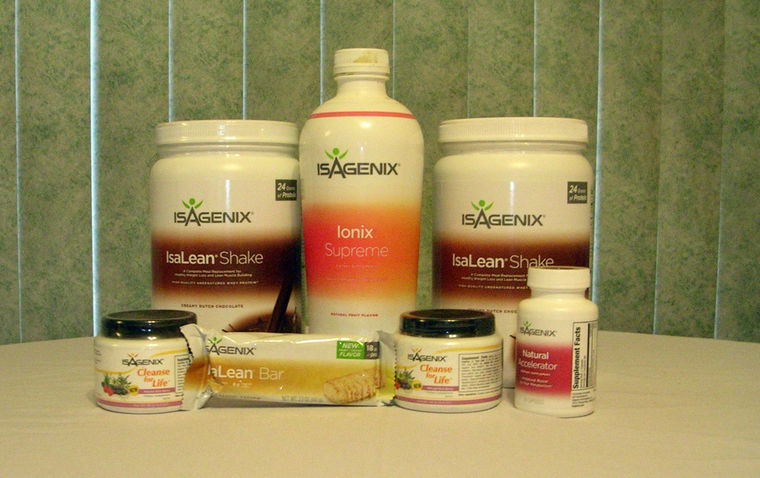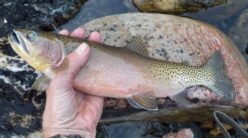Back in June of 2014, I wrote a column titled, “The mountains keep getting steeper,” after having a discussion with a friend of mine about why he had given up hunting and given most of his rifles to his children and grandchildren.
Almost a year later, I wrote a column titled, “Revisiting the mountains that keep getting steeper,” because my grandchildren were starting to ask me who was going to get my rifles and pistols when I died.
All the sudden I realized that I too was actually older than I felt. I started trying to analyze why I didn’t feel like an old guy and why the mountains and hunting didn’t seem to be slowing me down enough that it was much of an issue.
This past hunting season, a friend of mine who is quite a bit younger than I am went hunting with me for the first time. About midday he asked me how old I was. He knew roughly how old I was and was surprised that I didn’t seem to have any trouble keeping up.
Other than telling him my age, I’m not sure how I explained to him the way I stay in condition for hunting. I probably just told him that I hiked and mountain biked in the spring and summer and skied in the winter, and I have a physical regimen that I do three times a week at home, which was all responsible for me being able to handle the physical requirements of hunting each year.
However, diet plus sleep habits also play an important role in staying in good condition.
The first athletic diet that I’m aware of was the ancient Olympic diet that Olympic competitors were fed. It consisted of legumes and meat, which was switched to wine and dried fruit just before competition.
Many decades of nutritional research have contributed to sports nutritional supplements and diets for athletes that are promoted today. One of today’s early products was Gatorade, developed by Dr. Robert Cade at the University of Florida and named after the school’s mascot.
Fast forward to 2017, and we have for many years realized that we need more than just supplements to safely boost physical performance. We need wholesome meals that meet the requirements of people who are involved in strenuous activity.
We have also realized that many of us participate in strenuous activities even though we are not athletes in the normal sense of the term. We also need nutritious meals that will support our active lifestyle, and our nutritional requirements aren’t really much different than the athletes we admire.
Hunters and other outdoor enthusiasts are athletes in their own right, and the nutrition market is recognizing this. Several sports nutrition companies in the USA, specifically Wilderness Athlete and Isagenix, are offering scientifically valid and field-proven products for hunters, backpackers, mountain bikers, skiers and other outdoor enthusiasts.
Wilderness Athlete offers several supplements and drinks that improve human performance in the outdoor environment, while Isagenix always has provided products that are meal replacements for one or two meals a day, with one 600-calorie normal meal a day. They also have now added products that are one to two meal replacements a day for those engaged in athletics or strenuous outdoor activities, with one-600 calorie meal a day.
Both companies can design a nutritional program that will meet the individual needs of those they serve that is effective and affordable. Just remember that you are using these products in lieu of what you would normally eat or drink. I personally have one meal replacement and one to two normal meals on most days.
Getting sufficient sleep is also an important part of staying in good condition. I’m sure most of us have heard, “Early to bed and early to rise, makes a man healthy, wealthy and wise.” I’m not sure about the wealthy part, but the rest of it is true. Besides, if you are healthy, you probably have a type of wealth that many people wish they had.
Being raised on a horse ranch, I learned early to get my homework and chores done so I could be in bed by 10 p.m. because I had to be up again at 6 a.m. to feed and water horses and still get to school by 8 a.m. I usually returned home from school about 3:30 p.m., trained horses and then fed and watered them until dinner time and then did my homework. If my father got home from his hospital rounds by 9 p.m., we usually went out to the barn and talked about the horses I was training.
Even today I feel like I’ve committed a sin if I stay up past 10 p.m., and I still wake up just before 6 a.m. most mornings. So I guess my father instilled at least one good habit in me, but it drives my wife nuts.
However, I believe my exercise regimen, my eating habits that exclude soda pop, junk food, etc., and my habit of shutting down about 10 p.m. and getting up about 6 a.m. have a lot to do with the mountains being about the same as they have always been as far as I can tell.
Smokey Merkley was raised in Idaho and has been hunting since he was 10 years old. He was a member of the faculty of Texas A&M University for 25 years. There he taught orienteering, marksmanship, self-defense, fencing, scuba diving and boxing. He was among the first DPS-certified Texas Concealed Handgun Instructors. He can be contacted at mokeydo41245@hotmail.com.



